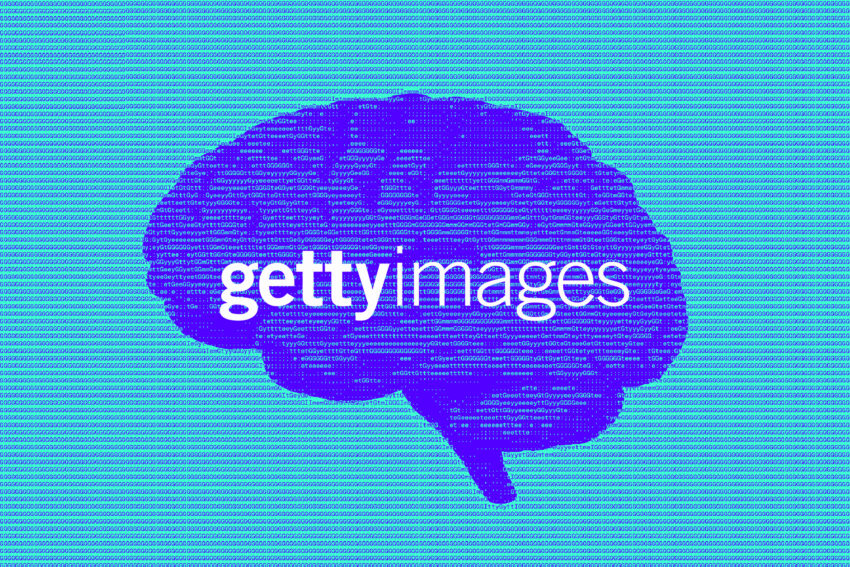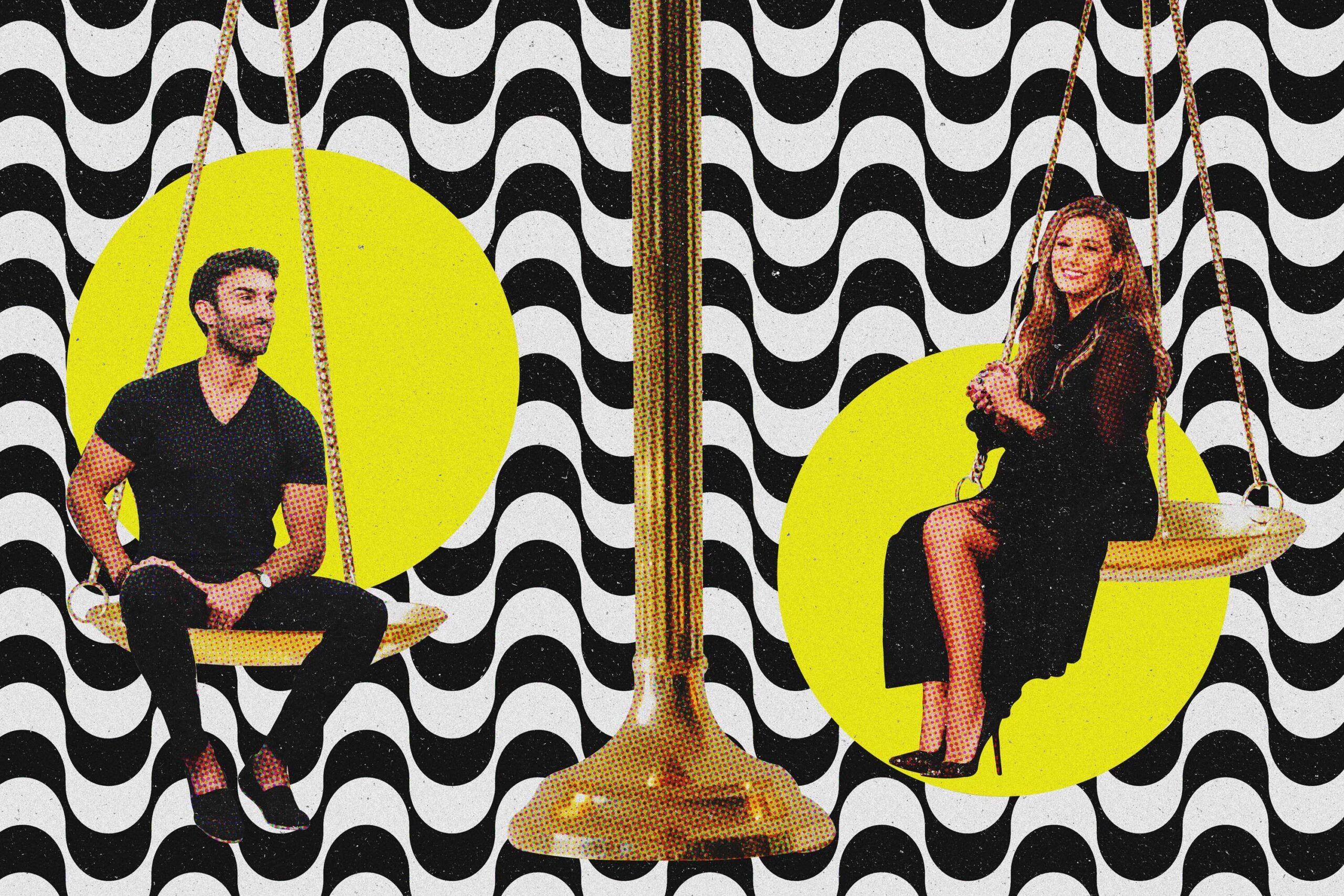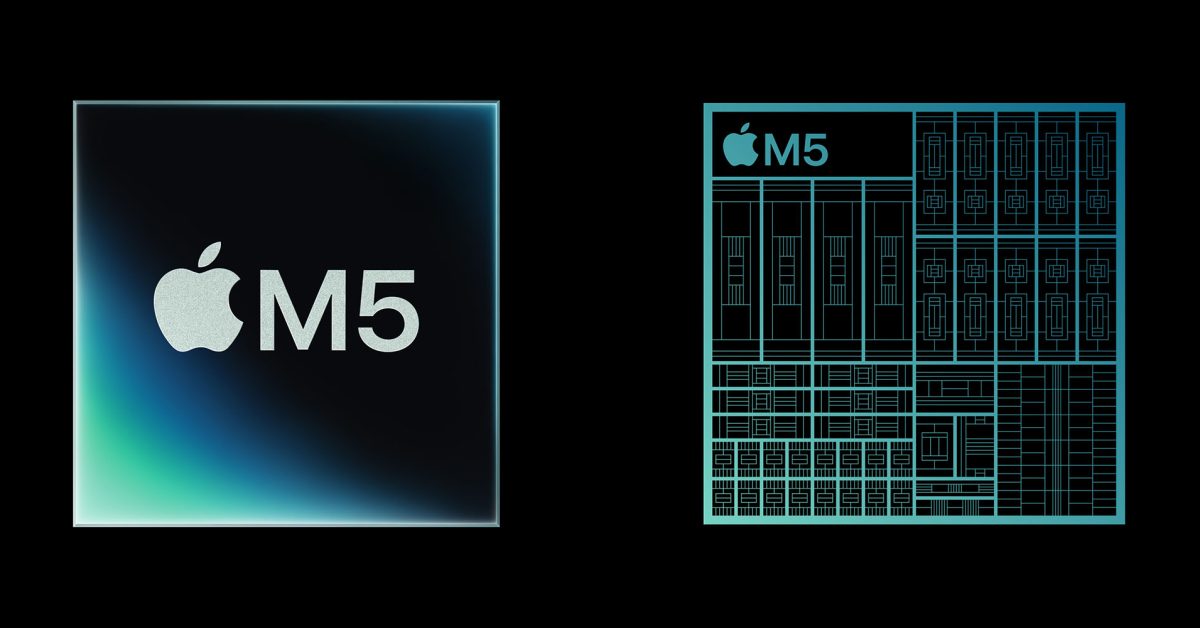
stability ai s legal win over getty Stability AI, the creator of popular AI art tool Stable Diffusion, was largely victorious against Getty Images on Tuesday in a British legal battle over the material used to train AI models.
stability ai s legal win over getty
Background of the Case
The legal dispute between Stability AI and Getty Images began in 2023, marking a significant moment in the ongoing conversation about copyright law and artificial intelligence. As AI technologies rapidly evolve, they often intersect with existing legal frameworks that were not designed to address the complexities introduced by machine learning and generative models. This case was particularly noteworthy as it was the first major AI copyright claim to reach England’s High Court, setting the stage for a potential landmark ruling.
Getty Images, a leading provider of stock images and video content, accused Stability AI of “unlawfully” scraping millions of images from its extensive database to train its AI software, Stable Diffusion. The core of Getty’s argument was that Stability AI had violated copyright laws by using its copyrighted material without permission. The implications of this case extended beyond the two companies involved; it had the potential to influence how AI companies operate and how copyright laws are interpreted in the context of AI training.
The Court’s Ruling
On Tuesday, High Court Judge Joanna Smith delivered a ruling that, while siding with Getty on certain points, ultimately fell short of providing the clarity the industry was seeking. Judge Smith found that Stability AI had infringed Getty’s trademark by creating images that featured its watermarks. This aspect of the ruling underscored the importance of trademark protections in the digital age, particularly as they relate to AI-generated content.
However, the court rejected Getty’s claim of secondary copyright infringement. Judge Smith stated that “Stable Diffusion does not store or reproduce” any copyrighted works, which is a critical distinction in copyright law. This ruling indicates that while Stability AI may have used Getty’s images for training, it did not directly reproduce or store those images in a way that would constitute copyright infringement.
Implications for AI Companies
The ruling leaves many questions unanswered for AI companies and copyright holders alike. The central issue of whether AI models need permission to train on copyrighted works remains unresolved. This ambiguity could lead to further legal disputes as more companies enter the AI space. The lack of a clear precedent means that companies may continue to operate in a legal gray area, potentially leading to more lawsuits in the future.
Stability AI’s victory could embolden other AI companies to continue using copyrighted material without seeking permission, relying on the argument that their models do not store or reproduce the original works. This could lead to a more contentious environment between AI developers and content creators, as the latter may feel increasingly threatened by the potential for their work to be used without compensation or credit.
Getty’s Ongoing Legal Battles
Despite the setback in the UK, Getty Images is not backing down. The company has also filed a lawsuit against Stability AI in the United States, which it originally initiated in Delaware shortly after the UK case began. However, Getty voluntarily dismissed the Delaware case and refiled in California this August. This strategic move suggests that Getty is seeking a more favorable legal environment in California, known for its more progressive stance on technology and intellectual property issues.
The outcome of the US case could have significant implications for the future of AI and copyright law. If Getty were to win in the US, it could set a precedent that would require AI companies to seek permission before using copyrighted materials for training purposes. This could fundamentally alter the landscape for AI development, potentially increasing costs and limiting the resources available for training AI models.
Broader Context of AI and Copyright Law
The legal battles between AI companies and creative firms are not isolated incidents. They reflect a broader trend in which traditional copyright laws are being challenged by the rapid advancement of AI technologies. As generative models become more sophisticated, the question of how they interact with existing copyright frameworks becomes increasingly pressing.
For instance, Anthropic, another AI company, recently agreed to pay $1.5 billion to settle a lawsuit brought by a group of authors. This case highlights the growing concern among creative professionals regarding the use of their work in AI training. Similarly, Universal Music dropped its copyright claims against AI startup Udio as part of a strategic deal to launch an AI music-making platform. These developments indicate that companies are grappling with the implications of AI on their intellectual property and are seeking ways to adapt to the changing landscape.
Stakeholder Reactions
The reactions to the ruling have been mixed among stakeholders in the AI and creative industries. Many AI developers view the ruling as a victory, as it allows them to continue operating without the immediate threat of copyright infringement claims. However, content creators and rights holders are expressing concern over the lack of protections for their work. They argue that the ruling sets a dangerous precedent that could undermine the value of creative content.
Industry experts have noted that the ruling may lead to increased lobbying efforts from both sides. AI companies may push for more lenient regulations that allow for broader use of copyrighted material, while creative firms may advocate for stricter laws that protect their intellectual property rights. The outcome of these lobbying efforts could shape the future of copyright law in the context of AI.
The Future of AI and Copyright Law
As AI technology continues to evolve, the legal landscape surrounding it will likely undergo significant changes. The Stability AI vs. Getty Images case is just one of many that will contribute to the ongoing dialogue about copyright and AI. Legal experts predict that more cases will emerge as AI companies seek to innovate while navigating the complexities of copyright law.
In the coming years, it is possible that new legislation will be introduced to address the unique challenges posed by AI. Lawmakers may seek to establish clearer guidelines for how copyrighted material can be used in AI training, balancing the interests of both AI developers and content creators. This could lead to a more structured approach to copyright in the digital age, providing clearer pathways for collaboration and innovation.
Conclusion
The recent ruling in the Stability AI vs. Getty Images case highlights the complexities and uncertainties surrounding copyright law and artificial intelligence. While Stability AI emerged largely victorious, the lack of clarity on key issues leaves both AI companies and content creators in a state of limbo. As the legal landscape continues to evolve, stakeholders on both sides will need to navigate these challenges carefully to ensure that innovation can coexist with the protection of intellectual property rights.
Source: Original report
Was this helpful?
Last Modified: November 5, 2025 at 5:38 pm
5 views















